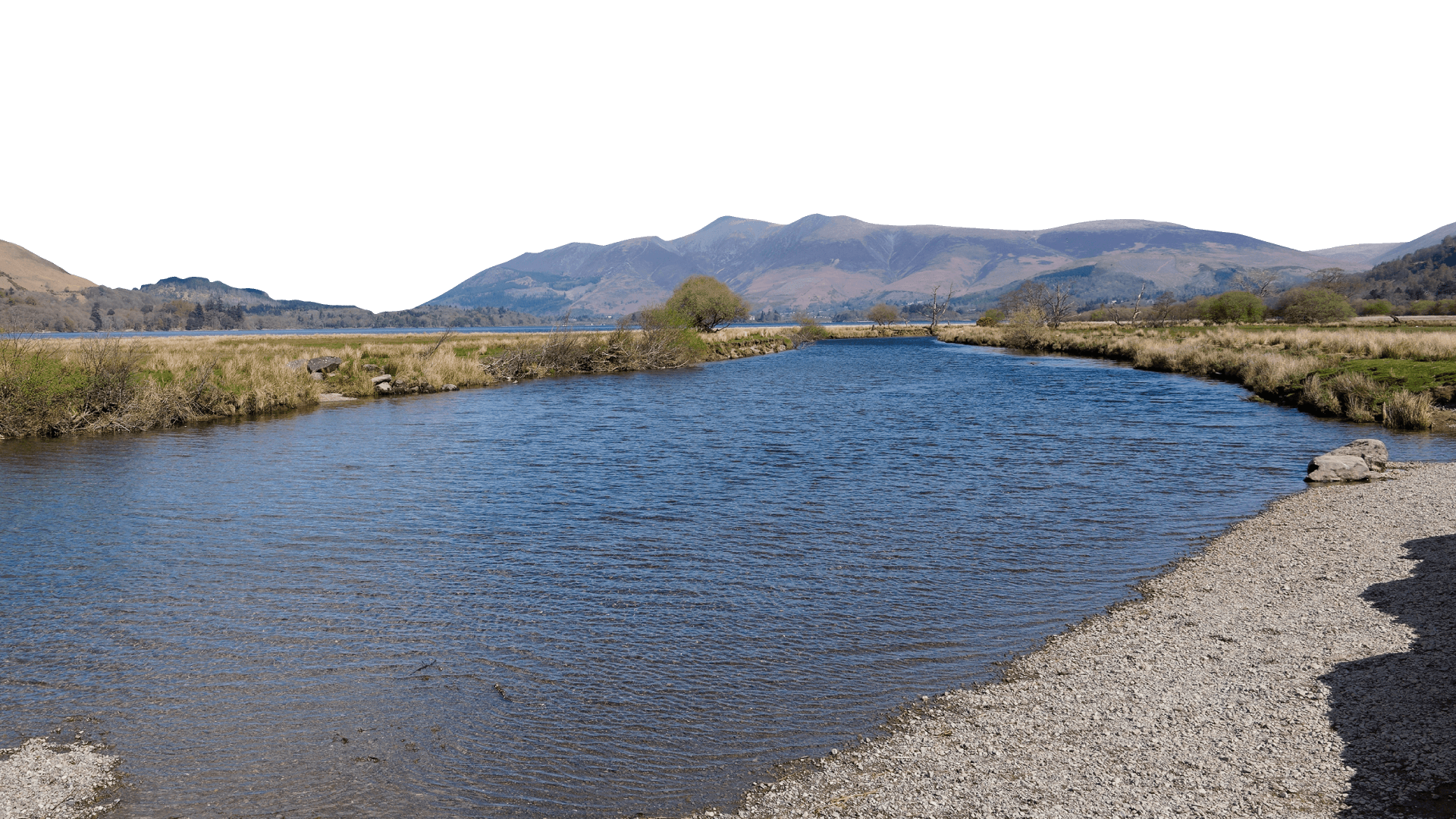
Freshwater Pearl Mussels
Perhaps the most interesting creatures to live in our region is the critically endangered freshwater pearl mussel (Margaritifera margaritifera).
One of the longest-lived invertebrates on the planet, mussels can live to well over 100 years old. They thrive in rivers with beds of coarse sand and fine gravel with water that is clean, cool, fast flowing and free from pollutants. They live on the riverbed holding themselves in place using their muscular ‘foot’ which also allows them to move, albeit slowly. An adult mussel will filter around 50 litres per day straining out tiny organic particles to feed on.
The older a mussel is, the darker the outer shell becomes. Inside the shell the mantle is pearl white. The mantle protects the soft parts of the mussel from any parasites that get into the shell by growing over them and covering them.
Did you know?
Baby mussels hitch a lift on a fish – it’s a free ride to a new home!
Mussels have a very unusual life cycle where juvenile mussels (known as Glochidia) are inhaled by juvenile fish, usually Atlantic salmon or trout, and just at the right moment clamp their tiny shells shut on the fish’s gills. The fish’s body reacts to form a cyst that covers them with cells (this is called encystment). The Glochidia now grow on the fish’s gills until the following spring when they drop off. These juvenile mussels must burrow into clean, sandy or gravelly riverbeds in order to survive. If the riverbeds are choked with silt, as many of our rivers are, the juveniles will suffocate. The host fish are entirely unharmed by the process.
Some of the biggest threats facing mussels in the wild are:
Habitat decline
Too much fine sediment in the river
Pollution from sewage and agriculture
Declining populations of host fish
Climate change
The conservation of endangered wild salmon and the restoration of their habitat is key to the survival of mussels.
We have two rivers with populations of freshwater pearl mussels in our patch, the river Irt and the river Ehen. The Ehen supports the largest population of mussels in England and is designated as a Special Area of Conservation (SAC) and Site of Special Scientific Interest (SSSI). The Irt’s population is much smaller and older showing no evidence of successful wild reproduction, therefore a programme of captive bred juvenile releases has been embarked upon to try to save the population from extinction. Freshwater Pearl Mussels are categorised as being critically endangered within Europe on the ICUN Red List of Threatened Species.
Find out more about our work with freshwater pearl mussels on the River Irt and the River Ehen.
There has been a 90% decline in numbers of freshwater mussels in the UK over the last century.

